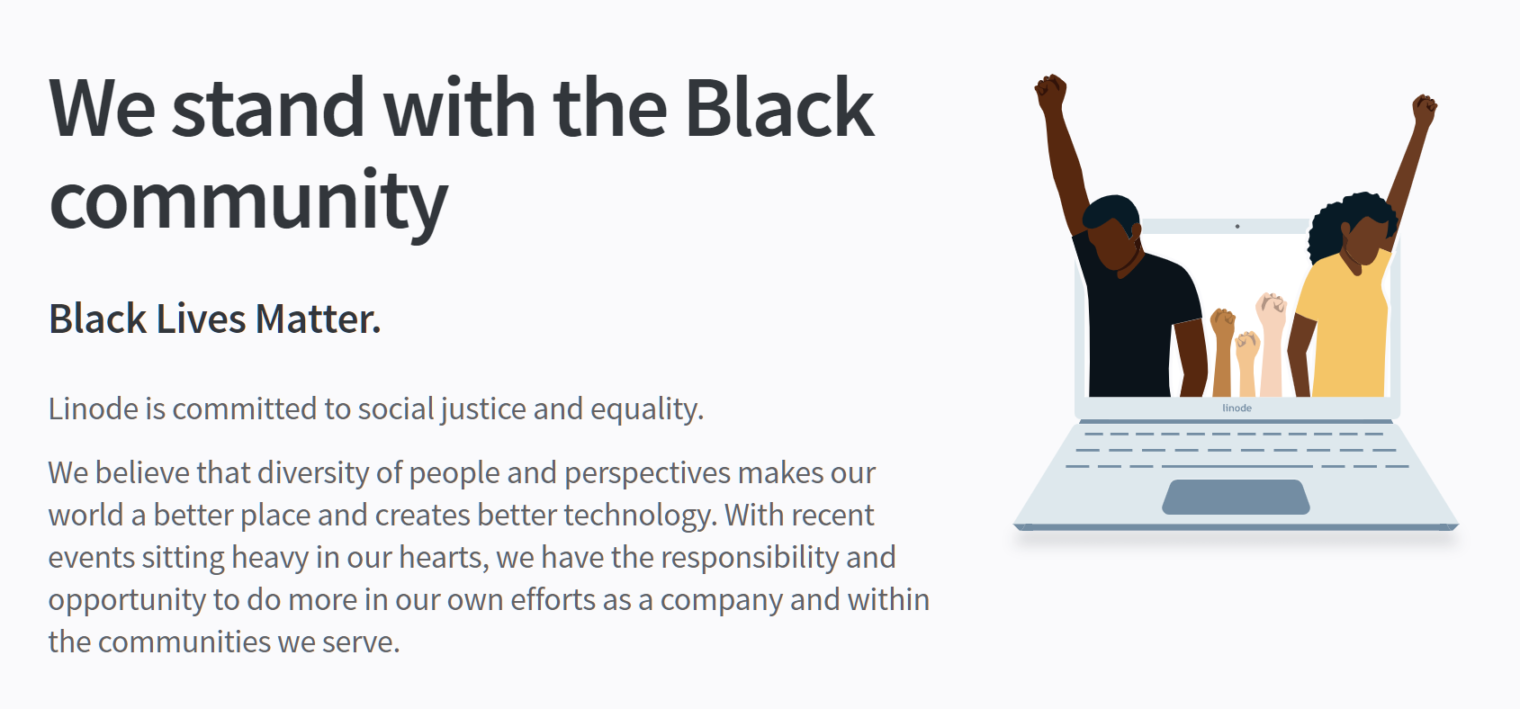Stupid question… Why isn’t hand sanitizer back on store shelves?
I can understand how all of the product in stock as of a week ago got sold. But the production lines are still running. Do stores such as Target, Costco, and CVS have standing orders for hand sanitizer based on demand forecast? Or do they wait for supplies to run low and then zap an order automatically to the wholesalers?
Either way, it is tough for me to understand how hoarders, eBay and Amazon reseller profiteers, etc. could have bought up hand sanitizer that was still in production and/or still in transit. If there are standing orders, shouldn’t retailers now be restocked? Maybe they are, but 20 minutes after opening they’ve sold it all? How is that possible, given that they’re limiting to 2 per customer?
Plainly demand for this product is high, but a lot of businesses that would order it are now shut down. Health clubs, for example, theme parks, a lot of office buildings, etc. Shouldn’t the lack of re-orders from these folks balance out, to some extent, the panic buying from consumers?
Related:
Full post, including comments 



